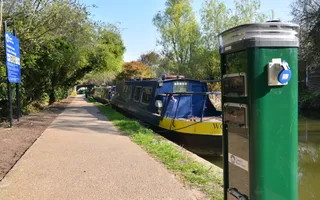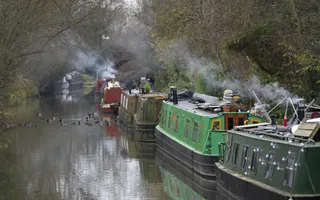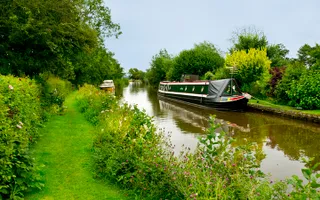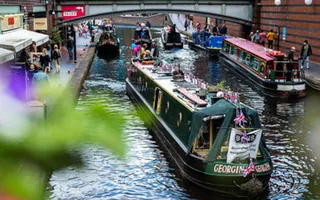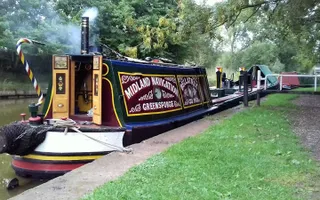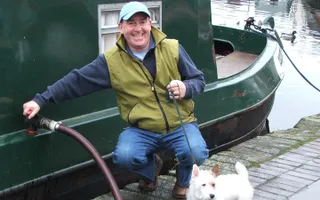Understand more about clean air policies in the UK and discover what you can do to improve the air quality in and around your boat.
Air pollution is not a new problem. Poor air quality can seriously affect people's health, especially the very young, the old and those with health conditions such as respiratory and heart problems.
Globally there is a desire to improve air quality by switching to low- or no-emission fuels for all kinds of transport, as well as addressing the impacts of burning solid fuels.
Diesel engines are the most common type of engine used by inland waterway boaters, and most boats used residentially are heated by solid fuel stoves. So how are current and future clean air policies likely to affect boaters?
Improving air quality
The government has proposed to ban the sale of conventional petrol and diesel cars from 2030, and several UK cities already have low-emission zones. Smoke Control Zones also limit how much smoke can be emitted from chimneys, and some have been extended to apply to moored boats.
Whilst inland boating contributes only a tiny fraction of harmful emissions compared to other forms of transport such as road, air and shipping, all of us need to start thinking about how our boating affects air quality, especially in urban areas already suffering from high levels of pollution.
We all need to adapt to changes that limit our use of diesel engines and solid fuel stoves.
What can boaters do now?
Poor air quality generated by craft affects the health of boaters more than anyone else.
Heating and cooking are a significant source of indoor air pollution on boats, in particular solid fuel stoves. These also have an impact on outdoor air pollution, with smoky stoves often being a key source of complaint over the winter months - particularly in urban areas which are already likely to be suffering from poor air quality.
Find tips on dealing with indoor air pollution, and don't forget that running your solid fuel stove as efficiently as possible and keeping your fuel dry makes a massive difference to the amount of smoke you produce from your chimney.
Another step to take is to look at reducing reliance on running engines or generators whilst static to power all our electrical devices - from essential water pumps and lights, to luxuries like televisions and microwaves.
Energy efficient appliances and electric charging
Medium- to long-term, we would anticipate more boats to be fitted out with energy efficient appliances, maximising gains from newer battery and green power generator technologies including hybrid engines, and even all-electric boats. Remember that electric boats get a discount on their boat licence.
In recent years, electric charging points have been installed at several locations, including designated eco-moorings, although many more are needed to create a complete network.
Useful links


